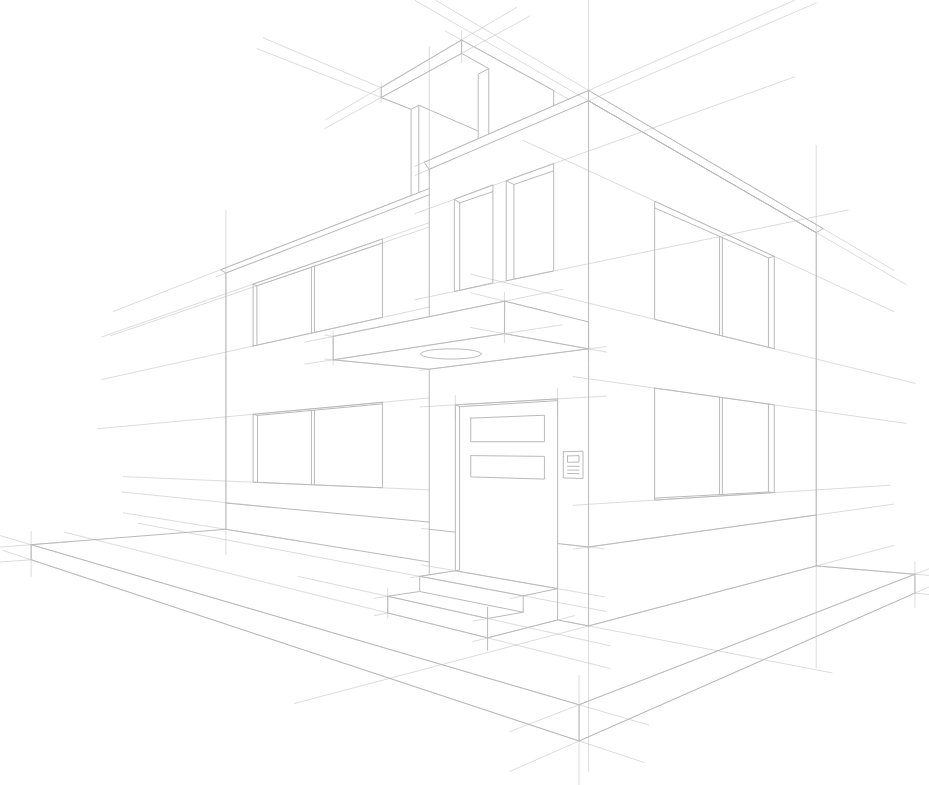For our service
enquiry@designarcinteriors.com
Jobs & career
For the vendors

enquiry@designarcinteriors.com

Megha Menon / Sr Architect
Distinguishing between modern and contemporary interior design might seem inconsequential, given that dictionaries often treat them as synonyms. However, for interior designers, these terms denote distinct design styles. Modern interior design emerged in the early 20th century, while contemporary interior design flourished in the 80s and 90s. Despite both styles emphasizing minimalism, modern design incorporates functional elements, whereas contemporary design is inclined towards incorporating elegant and bright materials into your workspace. To discern the nuances between these two interior design styles, delve into the blog below. The skilled office space interior designers in Bangalore are here to guide you in crafting a home that aligns with your preferences.
Modern interior design emerged during the mid-century era, emphasizing functional elements, natural colors, and an art deco style. On the other hand, contemporary office interiors in Bangalore are rooted in current style trends, serving as an evolving design that blends elements of the past and present. It caters to individuals seeking a fusion of historical and contemporary elements in their workspace. In the context of today's technological advancements, contemporary office interiors make interior style statements that reflect diverse architectural influences. Now that we understand the significant distinctions between modern and contemporary interior design styles, let's explore how to choose design elements from these related yet distinct approaches.
A significant distinction between modern and contemporary interior design lies in the choice of materials for workspace design. Creating an office space with modern elements involves selecting new and sustainable materials for furniture, such as those crafted from stone and wood. The modern interior style leans towards natural elements, resulting in warm tones dominating the home's interiors. White walls contribute to a tranquil atmosphere, complementing colors like cream, grey, and brown. Additionally, integrating elements of modern luxury into your workspace is effortlessly achievable through this interior design approach. Commercial office interior design focuses more on functionality than luxury; this major difference depends on the client's approach.
Contemporary interior design styles are characterized by a nuanced departure from modern design. In the present era of contemporary workspace design, end users seek technology-based elements that enhance user friendliness and accessibility. Many interior designers in Bangalore lean towards creating highly contemporary workspaces that exude positive vibes. Consequently, integrating contemporary design elements into your space is flexible. You can easily select from the latest trends in interior design and decor that currently dominate the market.
Contemporary design excels at incorporating cutting-edge elements like glass, plastic, or metal seamlessly into its designs. Another distinguishing factor lies in their characteristics. Modern design is rooted in a specific era, while contemporary design remains adaptable to the evolving preferences of customers. Common trends in contemporary interior design encompass organic silhouettes paired with materials like natural textures and chrome.
The subtle similarities between the two interior design styles make it challenging to discern a distinct preference. Modern design embraces natural and warm colors, appealing to commercial office interiors seeking a timeless aesthetic. Modern design is not only about colors and furniture; it also depends on the design elements that choose to be a part of the space. On the other hand, contemporary interior designs thrive on staying abreast of current trends, making them ideal for office interior designers and decorators who enjoy periodically refreshing their workspace in line with the latest interior design styles. Contemporary interior design talks about adapting more design styles, elements that can be inspired by the olden days, etc.